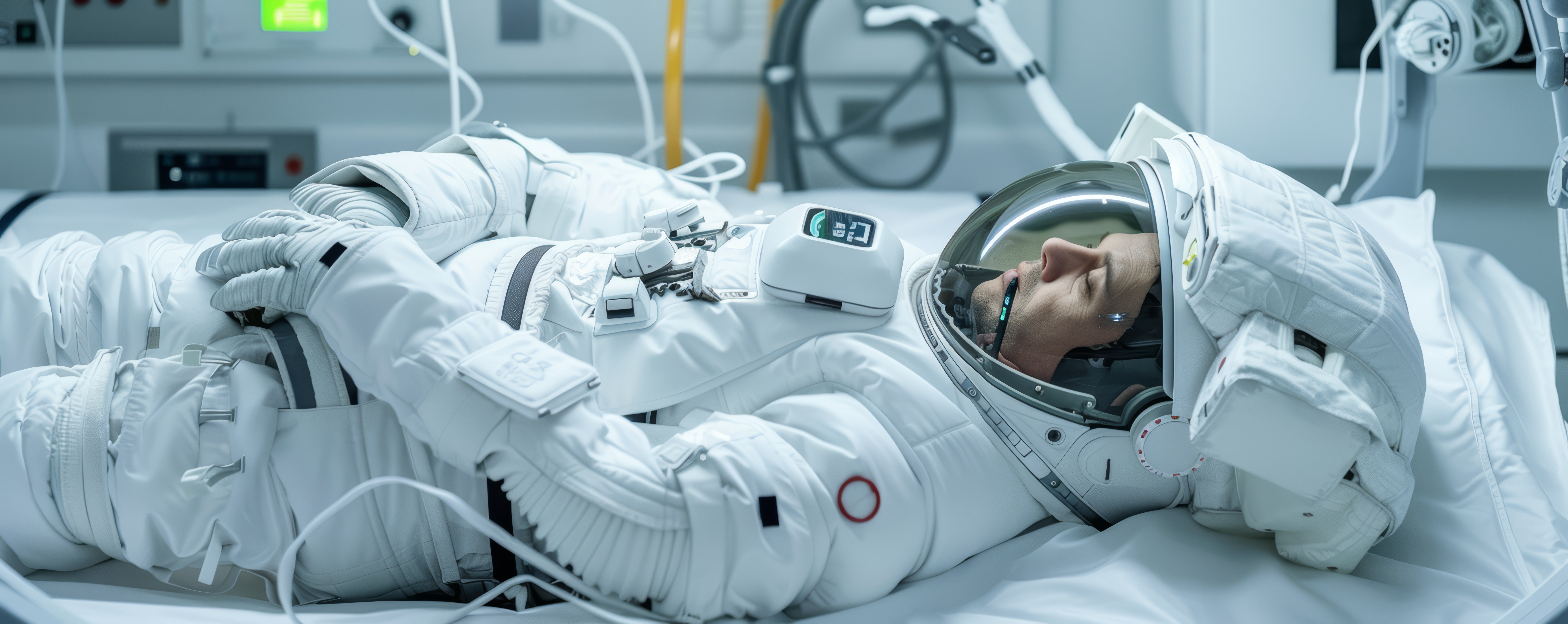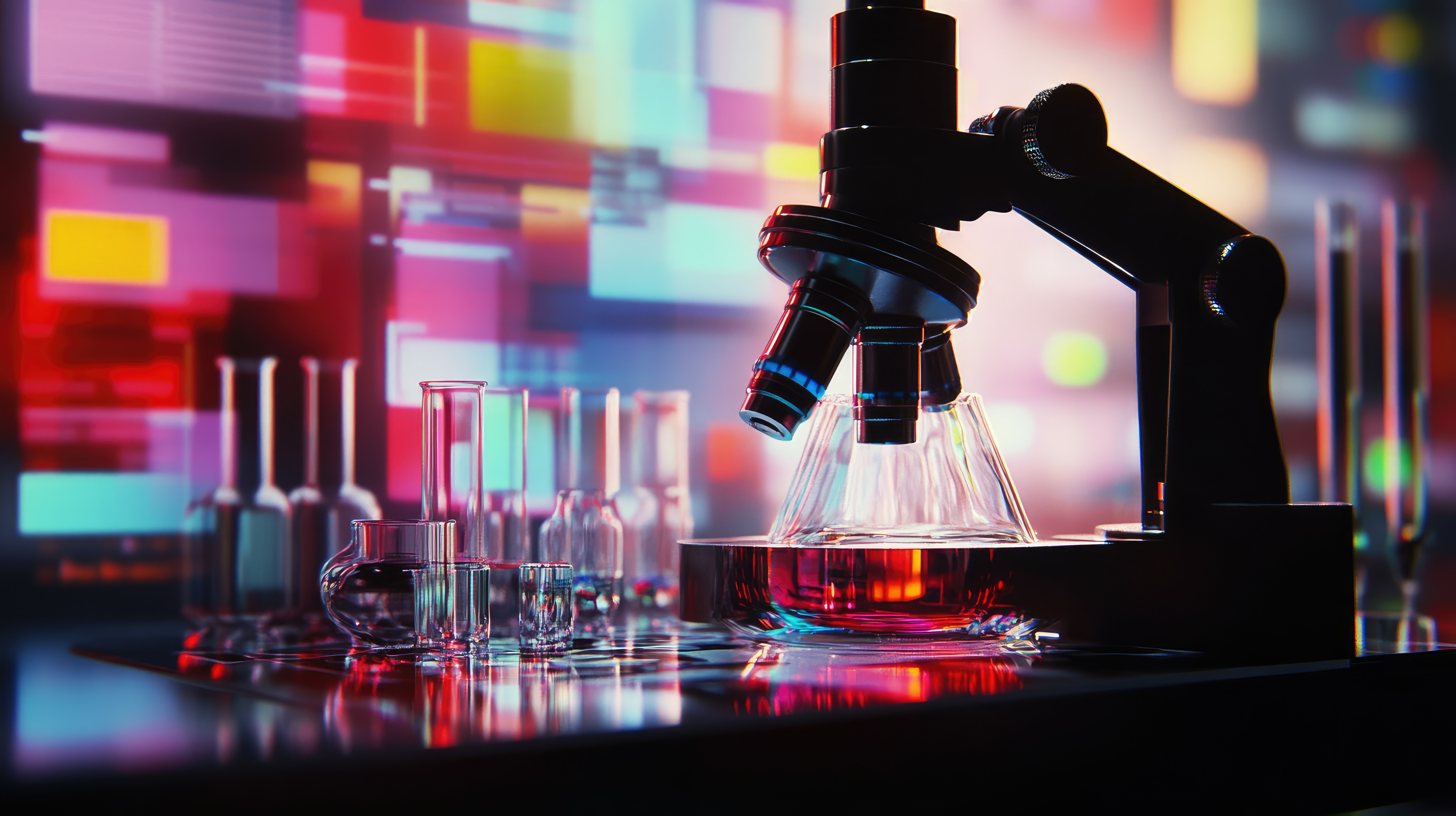Our Team, In Space and Here On Earth
Pushing the Envelope of Space Health
Research & Education
The Aerospace Medicine program at the Texas A&M University Naresh K. Vashisht College of Medicine stands at the forefront of pioneering space health research and education. Leveraging Texas A&M’s spirit of innovation and collaboration, we aim to support the needs of commercial spaceflight, the Department of Defense, and NASA. By driving aerospace medicine and human health research, we will shape the future of safe and sustainable space exploration while contributing to national and global leadership in this critical domain.
Astronauts face health challenges during their missions due to unique factors encountered in the spaceflight environment, including microgravity, exposure to space radiation, and even the potential isolation from long-duration missions. Impacts are widespread and involve every organ system. Targeted research in these areas is critical to ensure the health of the astronauts. By studying these challenges, we can find ways to help astronauts stay healthy — and improve health right here on Earth.
Aerospace Medicine
Texas A&M's commitment to space exploration is underscored by its designation as a Space-Grant University and its significant contributions to NASA-led research. These include leading the Rodent Research 23 (RR23) mission aboard the International Space Station that studied the effects of spaceflight on vision and forming the Space Exploration Consortium to drive pioneering research and innovation.
Aerospace Team
Our world class faculty are at the forefront of pioneering medicine for space exploration.
| We’d love to hear from you! For all questions about our program, please email us at med-aerospace@tamu.edu. Our team checks this inbox regularly and will make sure your message gets to the right person. For the quickest response, we ask that you use our program email rather than contacting individual team members directly. |
Addressing the Health Challenges of Space
Our projects address the critical health challenges astronauts face, driving advancements that benefit space travelers and Earth-bound populations.
Vision Issues
Heart and Blood Vessel Problems
Digestive and Microbiome Issues
Bone Loss and Muscle Atrophy
Impacts of Space Radiation
Isolation and Confinement
Immune System Problems
Liver Changes

Our Mission
The Aerospace Medicine Program at Texas A&M University is committed to advancing human health and performance in space. Through cutting-edge research, we address the unique challenges of the space environment, enhancing safety and sustainability for future exploration. We proudly train the next generation of space life scientists and operational aerospace medicine physicians, equipping them to lead in clinical, operational, and research capacities.
Support Our Mission
When you make a contribution to the Aerospace Medicine program at the Vashisht College of Medicine, you are helping fund pioneering medical research and ensuring Texas' leadership in space exploration.



